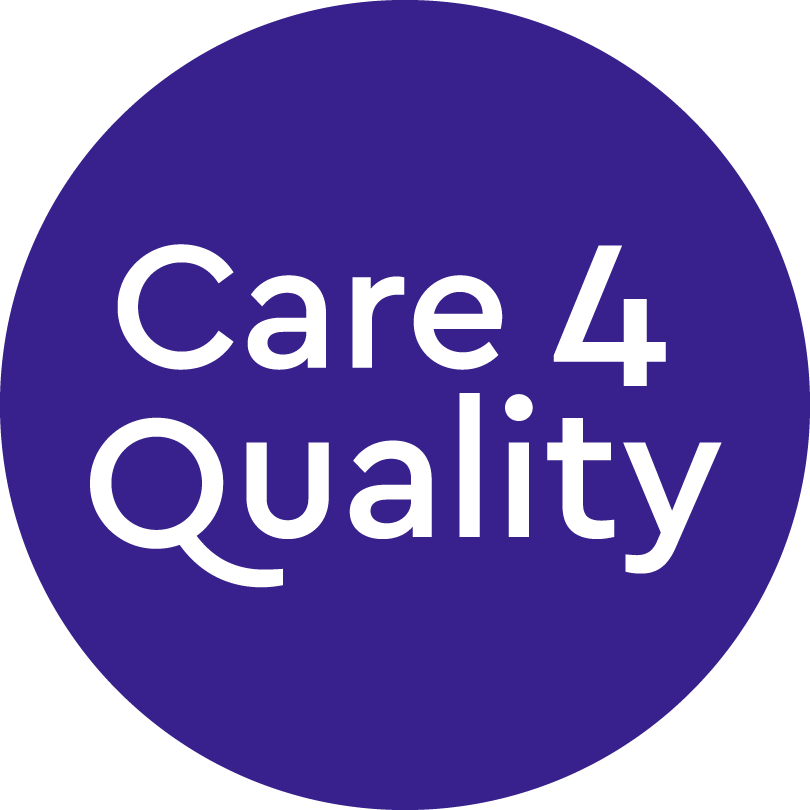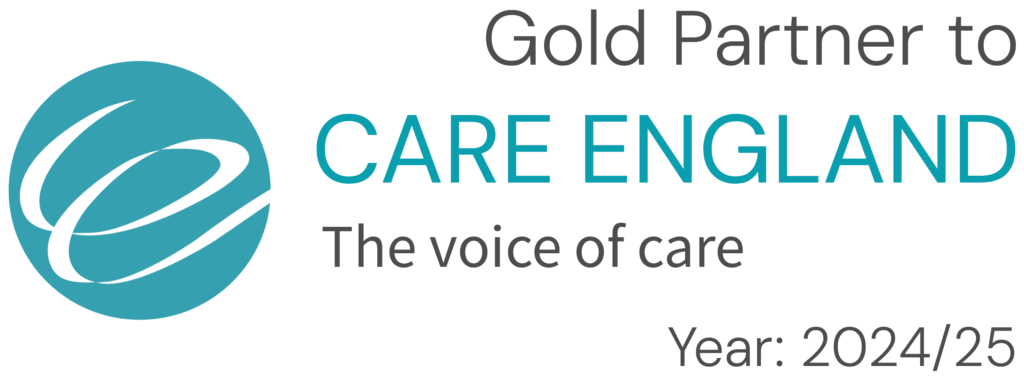Allergy Awareness Week: A Personal Wake-Up Call and Reminder for Care Professionals
While Allergy Awareness Week (22-28 April) has passed, I feel it is important to discuss a recent experience that has prompted me to address the topic with urgency. I live with a severe peanut allergy, and despite my usual vigilance, I had a frightening anaphylactic reaction while visiting Copenhagen.
The image below contains 4 pictures all taken within 12 hours showing the morning of the incident, swelling in my eyes from the reaction and following taking my EpiPen, and after the hospital administer IV steroids and antihistamine.

The culprit wasn’t a language barrier, but a simple oversight: not checking for allergies when ordering a seemingly harmless sandwich. However, I suspect a hidden allergen like lupin (sometimes found in bread) may have been the trigger.
This was a terrifying reminder, even for someone like me who understands their allergy relatively well. It highlights why allergy awareness, person-centred care plans, and comprehensive knowledge are vital in health and social care settings.
Why Share My Story? The Power of Preparedness & Understanding Complexities
Had I not been familiar with my allergy and its treatment, the outcome could have been far worse. But preparedness is more than individual knowledge. Care settings must ensure:
- Person-Centred Care Plans: Plans must reflect the individual’s specific allergens, potential reactions, AND emergency treatment. Regular updates are essential.
- Understanding Cross-Reactivity: Allergies are complex. Cross-reactivity means even if the ‘main’ allergen is NOT present, a reaction can occur from related substances. My suspected lupin reaction is an example. Asking about these relationships is crucial.
- Beyond the Obvious: Allergies can lurk in unexpected places. Be aware of:
- Medical products – Traces of allergens can be found in medications or medical supplies. It’s vital to check ingredients or consult healthcare providers before use.
- Cross-reactivity – People with certain allergies might cross-react to related foods or substances.
- Arts & crafts, environmental triggers
- Medications Matter: Allergies to medications are serious. Common culprits include penicillin and other antibiotics, NSAIDs, and certain chemotherapy drugs. Double-check ingredients AND potential cross-reactivities.
- Gluten Intolerance & Coeliac Disease: While not a classic allergy, gluten intolerance and coeliac disease require strict dietary management. Cross-contamination is a major risk, and reactions can be severe.
- Staff Allergies Matter: Seek consent to inform relevant persons if a staff member (or visitor) has a known allergy. This ensures their safety too.
- The Importance of Monitoring: Allergic reactions can sometimes be delayed or have a secondary phase. Educate patients and caregivers about this possibility, especially after severe reactions, and provide clear instructions on when to seek further medical attention.
Common Allergies, Risks, & Considerations
| Allergen | Potential Reactions | Unexpected Sources | Cross-Reactivity/Contamination Risk |
| Peanuts, Tree Nuts | Hives, swelling, anaphylaxis | Bread, sauces, some chocolates | Lupin |
| Shellfish | Hives, swelling, anaphylaxis | Some meat substitutes, flavourings | – |
| Milk & Eggs | Hives, upset stomach, anaphylaxis | Baked goods, sauces, processed foods | – |
| Latex | Skin irritation, anaphylaxis | Medical gloves, balloons | Banana, avocado, kiwi, chestnut |
| Medications (e.g., penicillin, NSAIDs) | Hives, swelling, anaphylaxis, and other reactions depending on the drug | Capsules, syrups, topical creams, IV medications | Related antibiotics, certain foods (rarely) |
| Gluten | Bloating, pain, diarrhoea (Intolerance), Gut damage (Coeliac) | Sauces, processed meats, some medications, cosmetics | Very High |
Let’s Make Every Week Allergy Awareness Week
My narrative is intended to inspire proactive measures. It is imperative for us to prioritize safety for ourselves and those under our care. Thorough care plans, comprehensive training, effective communication, and a thorough understanding of the intricacies of allergies are vital in maintaining a safe environment for all.
For additional assistance with allergy care planning, please feel free to reach out to us here. You may also access our e-shop documents pertaining to allergies, including risk assessments for patients, staff, and visitors here.
References:
- Food Allergy Research & Education (FARE): https://www.foodallergy.org/
- Anaphylaxis Campaign UK: https://www.anaphylaxis.org.uk/
- Allergy UK: https://www.allergyuk.org/
- Coeliac UK: https://www.coeliac.org.uk/
Disclaimer: This blog post is for informational purposes and does not substitute professional medical advice. Consult healthcare providers for individualised allergy diagnoses, treatment plans, and medication advice.

